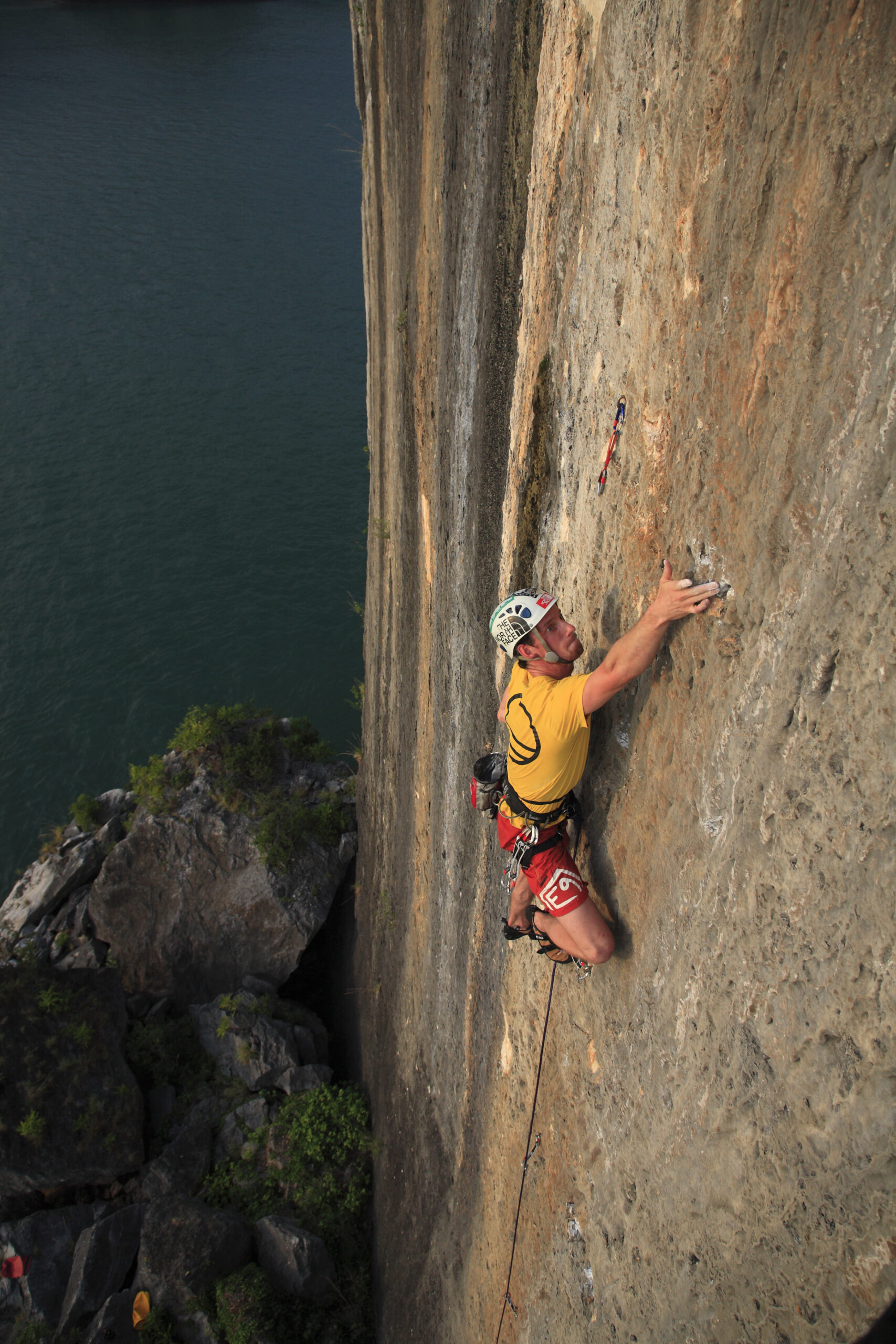
welcome
Welcome to my page – a place to explore a little bit about what I do and why I do it. From being a Dad, volunteering as a Community First Responder (CFR) in support of East Midlands Ambulance Service, to my role at Triumph and my commitment to supporting the next generation of Engineers. Oh, and this thing called climbing which I hope will continue to be a passion for many years to come!
FAMILY

Family First. Raising the next generation.
VOLUNTEER
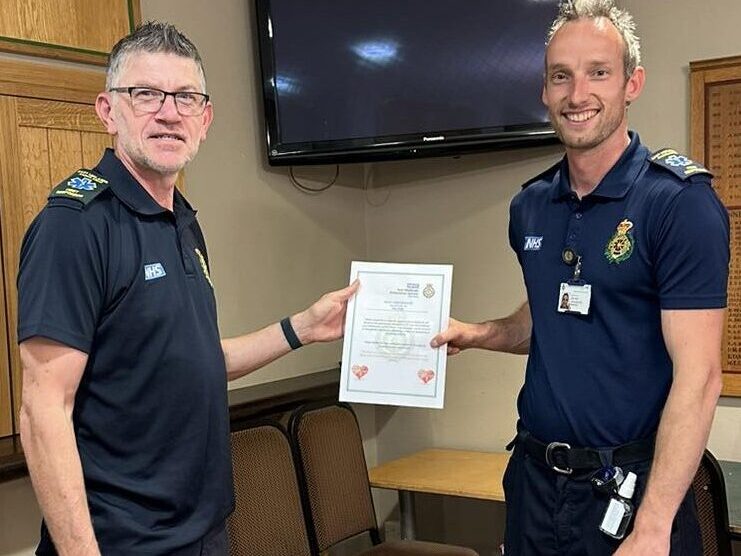
Find out about my role as a Community First Responder.
FUN

Fun things in fun places with fun people

…and counting
Home is where we park it
Sometimes the best adventures are those closest to home. The spontaneous, unexpected night away in a nice place with nice things to do.
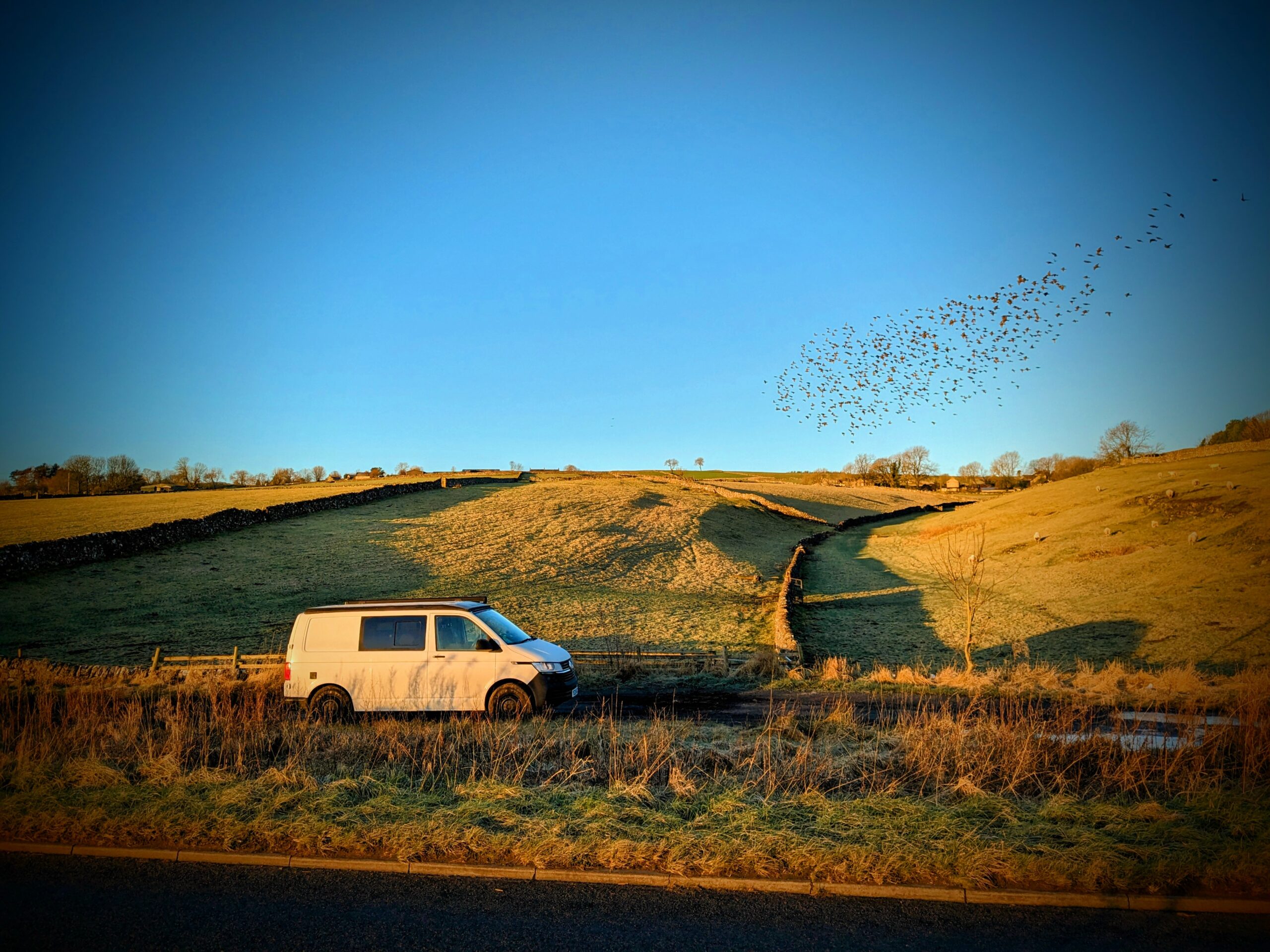
Value I can bring
Professional interests
Coaching & Consulting
In the area of new product design, development – both planning and delivery.
Mentoring
For those looking to kick-start their Design Engineering career by having an impact.
Problem Solving
A problem solver with ideas, a sounding board to hone plans, refine designs and strategies.
Leadership
An energising “i-style” leader capable of rallying people around group goals.
Public Speaking
Engaging and inspiring talks and presentations, both big and small, in my areas of expertise.
Feedback from those who know me
What do others think?
There’s nothing like some constructive feedback to keep you on the straight and narrow. Here’s a selection of feedback I’m proud to share, from those I’ve worked with or helped.
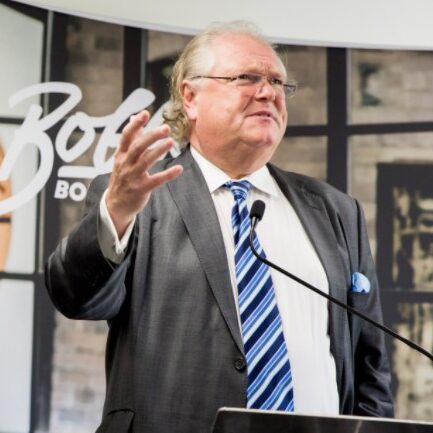
“Saturday was a spectacular success. All your vision & hard work (& not a little courage as well!) paid off & you made me one helluva proud Chairman of Triumph. Thank you & congratulations.”
Digby, Lord Jones of Birmingham, Kb
Chairman, Triumph Motorcycles Ltd.
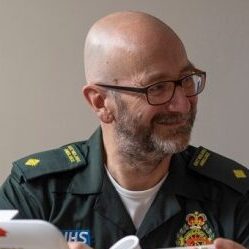
“Below are some glowing comments from a paramedic that was very appreciative and impressed by the support you gave him at a cardiac arrest. He appears to be very impressed with the manor of the support and the calm way you went about supporting him. Thank you for all your support.”
Ben
TAO – East Midlands Ambulance Service





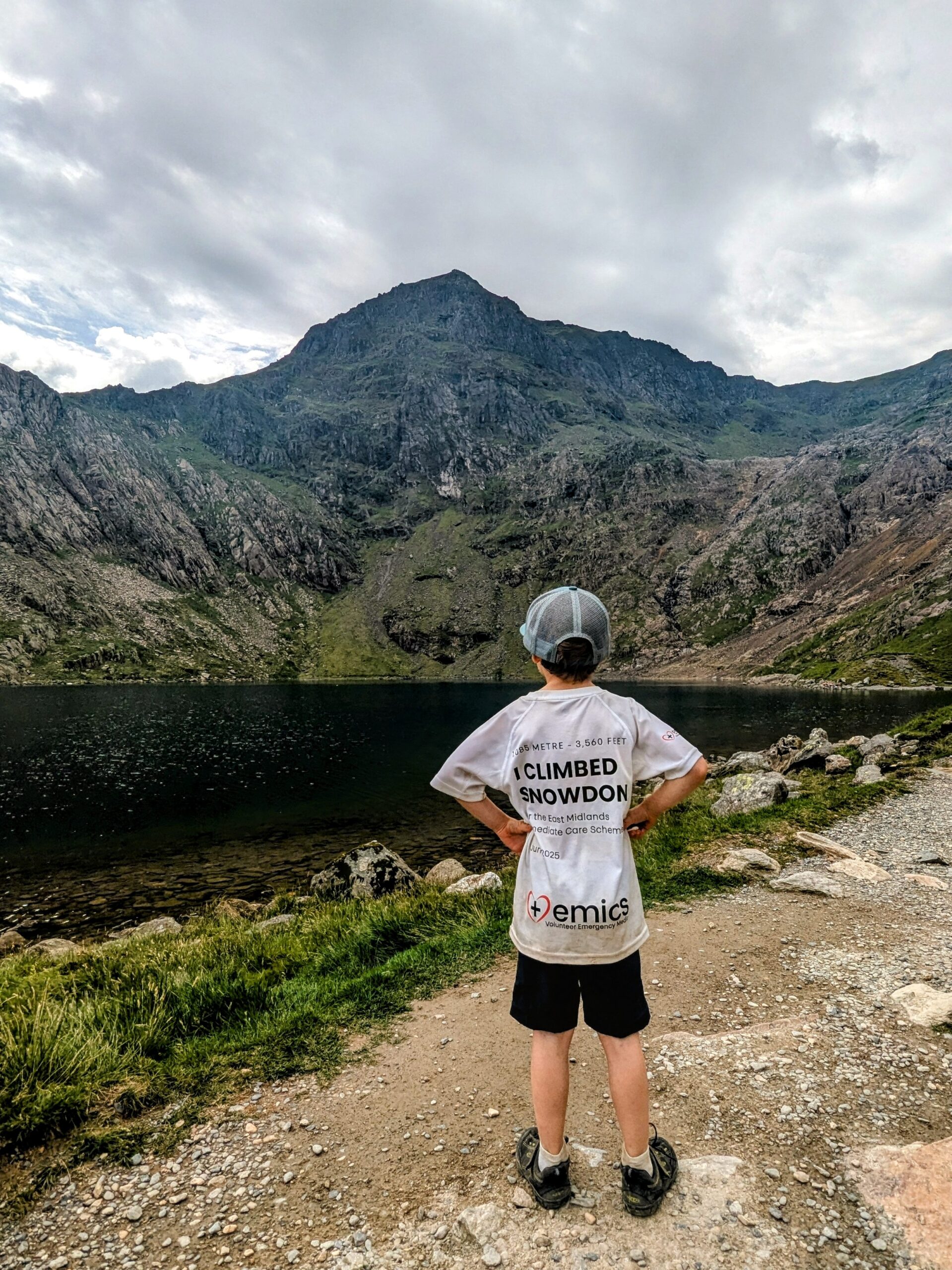
a childhood to shape them forever
Dream Your Next Trip
If you’re excited to introduce your little ones to the great outdoors and everything it has to offer them – but want any tips or tricks, get in touch!
check out my socials
